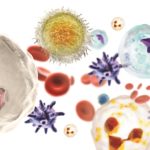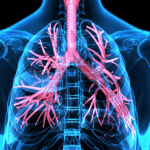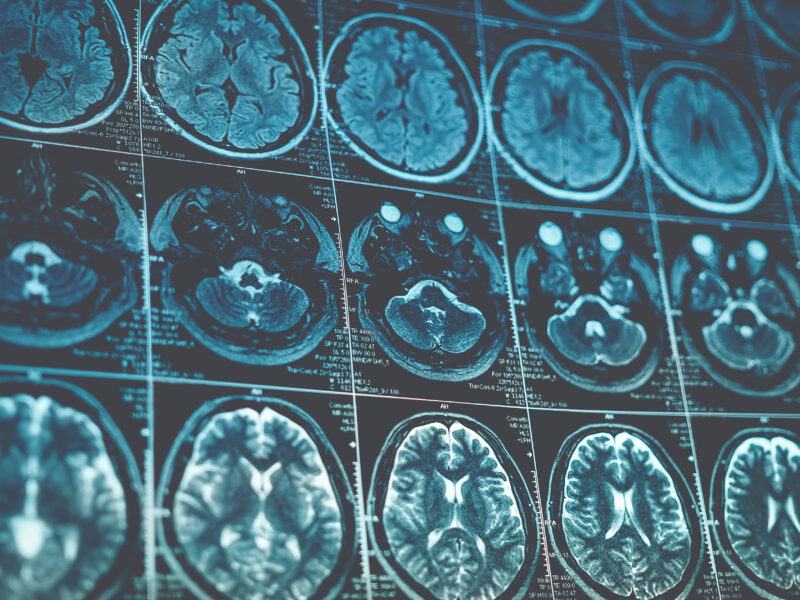Supplementation With Omega 3-6 Improves a Marker of Inflammation Among Children Newly Diagnosed With Autism Spectrum Disorder
Supplementation With Omega 3-6 Improves a Marker of Inflammation Among Children Newly Diagnosed With Autism Spectrum Disorder https://pediatricsnationwide.org/wp-content/uploads/2021/03/AdobeStock_92319731-1024x681.jpg 1024 681 Jessica Nye, PhD Jessica Nye, PhD https://pediatricsnationwide.org/wp-content/uploads/2021/09/JNye_glasses.png
Fatty acid supplementation may be a treatment route for addressing some underlying causes of autism spectrum disorder (ASD) among children.
One potential mechanism affecting autism-related behaviors is inflammation. In general, ASD severity has been associated with inflammatory cytokine levels and externalizing behaviors with interleukin (IL)-10 and IL-1β levels. Supplementation may be a treatment route, as omega 3-6 has the potential to interrupt inflammatory cascades.
To test whether fatty acid supplementation affects inflammatory markers among patients with ASD, children (N=72) aged 2-<6 years who were diagnosed with ASD in the previous 6 months were randomized to receive 25 (n=12), 50 (n=12) or 100 (n=13) mg/kg/day of a supplement containing a mixture of omega-3 and omega-6 fatty acids or placebo (n=35). Specifically, the supplements comprised γ-linolenic acid, eicosapentaenoic acid (EPA) and docosahexaenoic acid (DHA). The change in fatty acid and inflammatory biomarkers were compared between active and control treatment arms after 90 days of treatment.
Most included children were aged 2-3 years (51%), were boys (81%), and White (67%).
“We chose to focus on children just after they received their diagnosis. We’re hopeful that by testing this intervention in these really young ages when they may be most able to benefit, because they’re still actively growing and developing, that we can maximize the benefit for patients,” says Sarah A Keim, PhD, principal investigator in the Center for Biobehavioral Health in the Abigail Wexner Research Institute at Nationwide Children’s Hospital and professor at The Ohio State University College of Medicine.
Compared with baseline and placebo, significant increases in the red blood cell fatty acid levels (mol%) of omega-3 docosahexaenoic acid (1.52 mol%; P <.0001) and omega-3 eicosapentaenoic acid (1.43 mol%; P <.0001) were observed among supplement recipients and for inflammatory cytokines, IL-2 was significantly decreased (-0.17 pg/mL; P =.02).
“We found that one of our pre-selected inflammatory markers did show a medium size improvement in the kids who took the fatty acid supplement whereas, a couple of other inflammatory markers did not show any improvement,” says Dr. Keim.
A total of 167 adverse events were reported by fatty acid supplement recipients and 128 events by placebo recipients, which did not differ significantly between groups (P =.31).
“I think [these data] suggest that interventions can help address elevated inflammation in this patient population. It’s still a little early to know whether such interventions are something that clinicians should be recommending for children with autism. We do know that families pursue these kinds of dietary supplements on their own. We want to try to inform those kinds of decisions and equip clinicians to be able to advise families appropriately on whether they make sense for the patient or not,” says Dr. Keim.
Going forward, Dr. Keim and colleagues plan to continue evaluating the potential role of fatty acid supplementation in ASD by testing behavioral endpoints.
Reference:
Keim SA, Jude A, Smith K, Khan AQ, Coury DL, Rausch J, Udaipuria S, Norris M, Bartram LR, Narayanan AR, Rogers LK. Randomized controlled trial of omega-3 and -6 fatty acid supplementation to reduce inflammatory markers in children with autism spectrum disorder. Journal of Autism and Developmental Disorders. 2022;52:5342-5355.
Image credit: Adobe Stock
About the author
Jessica Nye, PhD, is a freelance science and medical writer based in Barcelona, Spain. She completed her BS in biology and chemistry and MS in evolutionary biology at Florida State University. Dr. Nye studied population genetics for her doctorate in biomedicine at University of Pompeu Fabra. She conducted her postdoctoral research on the inheritance of complex traits at the Autonomous University of Barcelona.
- Jessica Nye, PhDhttps://pediatricsnationwide.org/author/jessica-nye-phd/
- Jessica Nye, PhDhttps://pediatricsnationwide.org/author/jessica-nye-phd/
- Jessica Nye, PhDhttps://pediatricsnationwide.org/author/jessica-nye-phd/
- Jessica Nye, PhDhttps://pediatricsnationwide.org/author/jessica-nye-phd/










